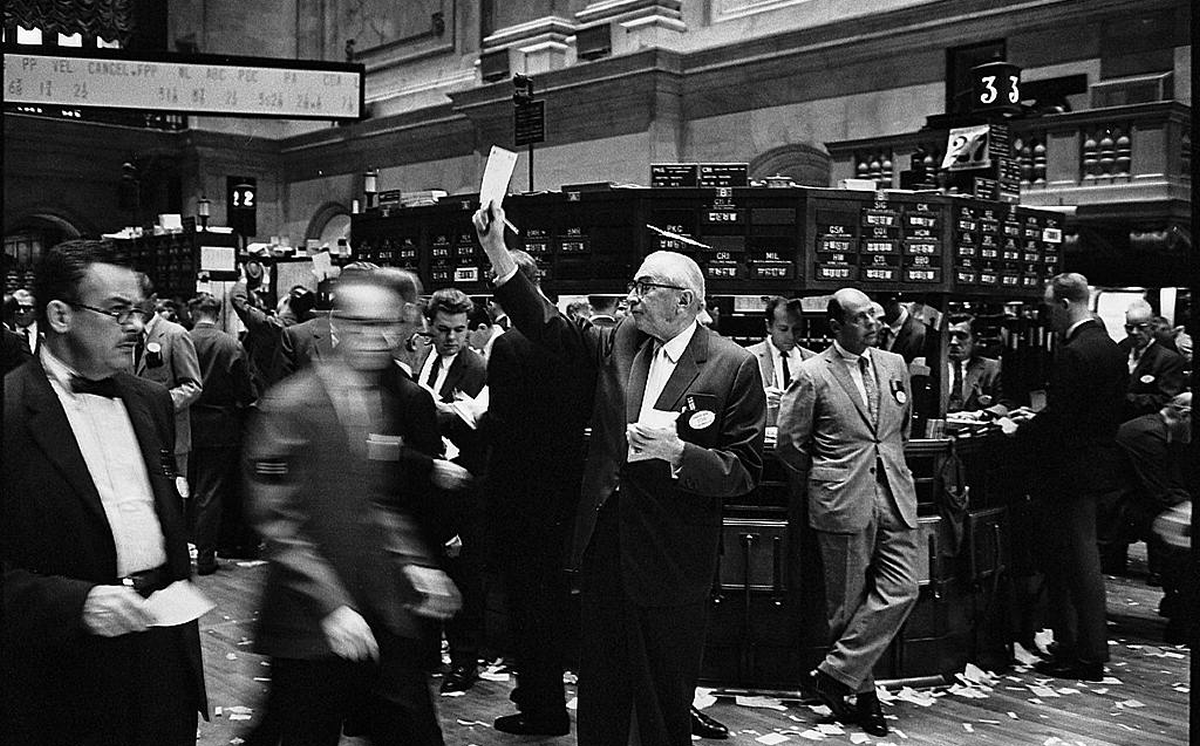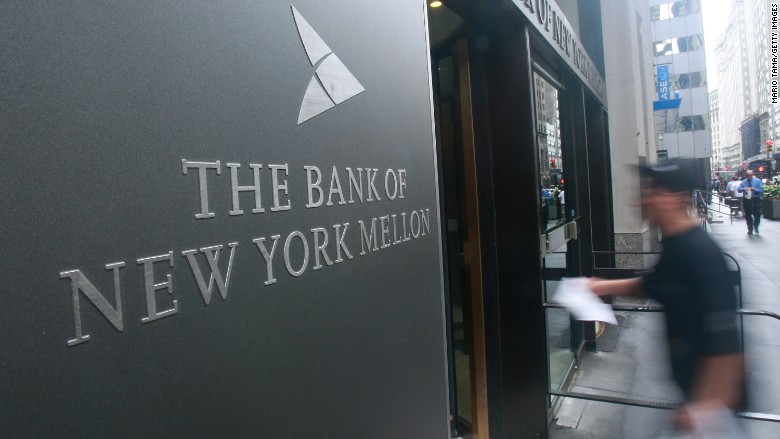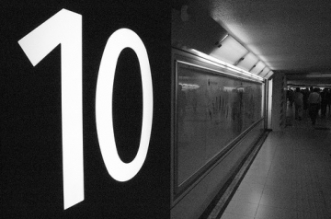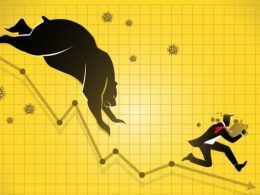The world’s stock markets have calmly climbed since the U.S. presidential election. In fact, the current period of transition to a new administration has been one of the least volatile in the past 40 years, as you can see in the chart below.
Current transition to new U.S. administration one of the least volatile for stocks
Source: Charles Schwab, Bloomberg data as of 1/6/2017.
But 2017 brings a CURE for calm markets in the form of four risks that may bring about a return of volatility:
- China's economy may see a soft spot reviving "hard landing" fears and a confrontation with the U.S. over trade and/or territorial claims is increasingly likely.
- United Kingdom (UK) negotiations over Brexit that are soon to be underway may quickly become acrimonious, raising the risk of a "hard" Brexit with potential for the spillover of negative economic consequences beyond the United Kingdom.
- Russian sanctions are due for review mid-year and the country may seek to bolster its negotiating leverage by intensifying disruptions and conflicts in the West.
- European elections – Investors have been ignoring the risk of anti-establishment parties winning elections given polling numbers, but polls are unreliable and a surprise outcome could spark a crisis in the Eurozone.
Let’s take a closer look at each of these.
China conflict
China's economic rebound in 2016, fed by aggressive government spending, may fade in early 2017 as efforts in 2016 to tighten credit and slow the pace of spending take effect. This potential for a slowdown makes it even less clear how much trade-related pressure by the U.S. Chinese policymakers are willing to endure before they retaliate.
Potential slowdown ahead for China in lagged response to slower government spending
Source: Charles Schwab, Factset data as of 1/6/2017.
According to news reports citing unnamed sources last week, in the event U.S. President-elect Donald Trump implements trade measures against Chinese goods the Chinese government has plans to retaliate. China is reportedly considering probes against U.S. companies operating in China, countervailing measures against U.S. exports to China, and a reduction in government purchases of U.S. goods.
Small-scale trade battles with China have been common in recent years. For example, the Obama administration slapped tariffs on Chinese tires and steel without shaking stock markets with fears of an all out trade war. And history shows that fears of a drop in world trade in Reagan's first year after his protectionist campaign rhetoric against Japanese manufacturers were unrealized. This may also be the case with Trump, but some trade battles are likely and Trump seems unlikely to back down in the face of countermeasures. The exact consequences are difficult to predict, but aggressive actions would likely contribute to volatility among multi-national companies dependent on trade.
UK "hard" Brexit
After an initial bout of panic following the June 23, 2016 Brexit vote, investors have been optimistic that the Brexit negotiations will be slow to take shape and result in a "soft" Brexit—or minor changes to the U.K.'s relationship with its largest trading partner in the form of some degree of tariff-free access to the single market of the European Union’s roughly 450 million consumers in exchange for contributions to the EU budget, allowing for some freedom of labor movement and following some EU rules.
But the odds are increasing of a "hard" Brexit which could involve a much more radical makeover with the U.K. refusing to compromise on full control over its own budget, its law-making, and immigration and the EU in turn denying access to the EU's tariff-free market for goods and services with negative economic consequences for each and material impacts on the earnings outlook for the companies affected.
The chances that the U.K. will make a disruptive break from its biggest market have grown. The British envoy to the European Union resigned last week. The sudden exit along with recent comments by British Prime Minister May signal a hardening of positions less than three months before May is due to trigger the formal start of Brexit negotiations. Stock market volatility may rise should negotiations become acrimonious.
Russian disruption
While things seem to be going in Russia's favor, the country could contribute to volatility in 2017. Russia's markets and economy are very dependent upon energy prices. In fact, Russia's stock market tracked oil prices tightly in 2016—all but ignoring political developments, as you can see in the chart below.
Russian stocks closely tracked oil prices in 2016
Source: Charles Schwab, Bloomberg data as of 1/6/2017.
In recent years, the United States and the European Union imposed and then extended sanctions against Russia for its actions in Crimea and eastern Ukraine. This intensified the strain on Russia's economy as it plunged into recession with the crash in oil prices that began in 2014. Russia’s involvement in the conflict in Syria has failed to provide an effective negotiating position on the sanctions.
A U.S.-Russia relationship may not be as smooth as some may assume under Trump given Russia's close relationship with Iran. U.S.-Iran relations could deteriorate as the incoming U.S. government appears poised to take a much more hardline approach on the Iran nuclear deal.
As the July 31 expiration date of sanctions on Russia draws closer, the debates in the U.S. and EU may intensify over whether to revise or remove the sanctions. Russia will likely seek to bolster its negotiating leverage by intensifying disruptive political maneuvering, cyber attacks, and strengthening loyalist forces battling in Syria. These efforts could spill over into markets causing volatility.
European elections
Investors may avoid European stocks leading up to the French election and German elections only to buy them as the outcome becomes known and the uncertainty fades, as they have around 2016's key votes shown in the chart below.
Volatility surrounded key votes
Source: Charles Schwab, Bloomberg data as of 1/6/2017.
While polls heavily favor establishment candidates and parties in the French elections in April (and run off in May) and German elections in the fall, polls proved unreliable in 2016. A win by France's Le Pen in the Presidential election could lead to a crisis as markets react to the increase in potential for a break-up of the Eurozone. German elections will likely result in Merkel being re-elected as chancellor, yet the erosion of the political center with populist parties pulling significant support from establishment parties may mean Merkel's influence and political capital will be less than in previous periods even after winning a fresh mandate.
The rise of populism is making it harder to deal with areas of stress such as the Italian banking system. The German elections occurring later in the year may mean such issues worsen as efforts to resolve them may not be granted the full support of Europe’s most important member for most of the year.
No easy CURE
2017 looks like another year of gains for stock market investors. In fact, it may be the first year since 2010 that all of the world’s top 15 economies grow and avoid a recession. That should help drive the best sales growth for global companies in years. The risks to the improvement in growth are primarily from policy developments in the U.S. and those in China, United Kingdom, Russia, and Europe. Those risks aren’t going to make investing easy in 2017 and may result in the return of volatility after a calm post-election climb. Investors can prepare by holding a well-diversified portfolio and emphasizing U.S. over international developed market stocks.
Important Disclosures
The information provided here is for general informational purposes only and should not be considered an individualized recommendation or personalized investment advice. The investment strategies mentioned here may not be suitable for everyone. Each investor needs to review an investment strategy for his or her own particular situation before making any investment decision.
All expressions of opinion are subject to change without notice in reaction to shifting market or economic conditions. Data contained herein from third party providers is obtained from what are considered reliable sources. However, its accuracy, completeness or reliability cannot be guaranteed.
Past performance is no guarantee of future results and the opinions presented cannot be viewed as an indicator of future performance.
International investments involve additional risks, which include differences in financial accounting standards, currency fluctuations, geopolitical risk, foreign taxes and regulations, and the potential for illiquid markets. Investing in emerging markets may accentuate these risks.
The MSCI USA Index is designed to measure the performance of the large and mid cap segments of the US market. With 622 constituents, the index covers approximately 85% of the free float-adjusted market capitalization in the US.
The MSCI United Kingdom Index is designed to measure the performance of the large and mid cap segments of the UK market. With 111 constituents, the index covers approximately 85% of the free float-adjusted market capitalization in the UK.
The MSCI ACWI captures large and mid cap representation across 23 Developed Markets and 23 Emerging Markets countries. With 2,486 constituents, the index covers approximately 85% of the global investable equity opportunity set.
The Russian Trading System Cash Index (RTS) is a cap-weighted composite index calculated based on prices of the 50 most liquid Russian stocks of the largest and dynamically developing Russian issuers presented on the Moscow Exchange.
Copyright © Charles Schwab & Co., Inc.















